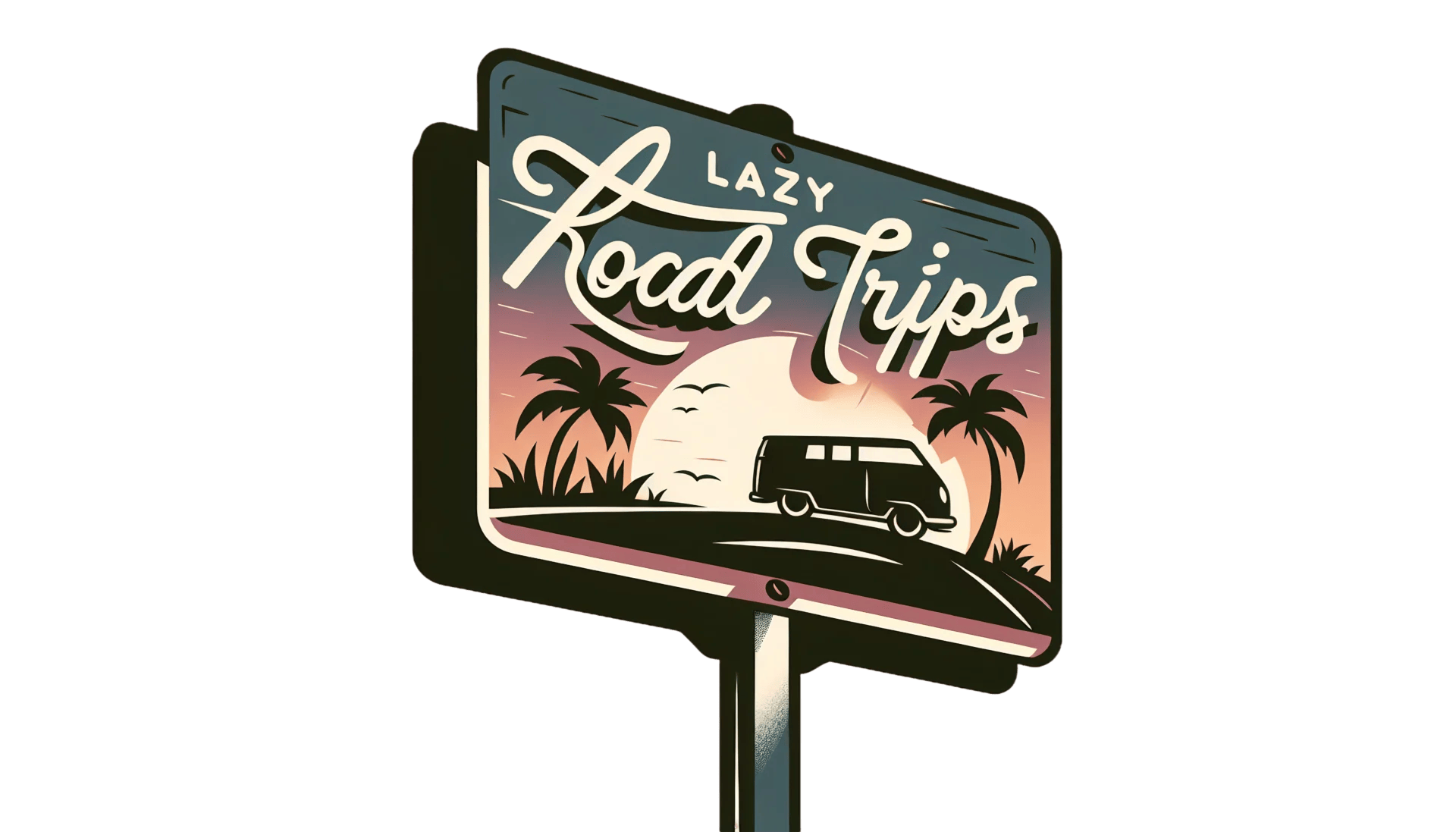Embarking on an RV adventure? There’s really nothing quite like the freedom and flexibility you get—exploring the outdoors, yet never too far from the cozy comforts of home.
But to really get the most out of your RV experience, you’ll want a reliable generator. Let’s dig into why RV generators matter, take a look at some top options, and toss around a few tips for picking the right one for you.
The Importance of a Reliable RV Generator
For serious travelers, an RV generator isn’t just a nice extra—it’s a must-have. Whether you’re tucked away in the wilderness or squeezed into a busy RV park, your generator keeps the electricity flowing for appliances, heating, cooling, and all those little essentials.
Powering Your RV
Modern RVs are packed with gadgets—fridges, microwaves, AC units, and plenty more. A solid generator keeps everything humming along so you can stay comfortable and actually enjoy your trip.
Emergency Situations
When the power goes out or something unexpected happens, a generator can honestly be a lifesaver. It’ll run medical gear, charge your phone, and keep the basics going until things get back to normal.
Top RV Generators on the Market
Picking the right generator can feel overwhelming with all the choices out there. To make it a bit easier, here are a few standout RV generators worth considering. Want to see even more options? Check out this guide.
Honda EU2200i
The Honda EU2200i has a loyal following among RV folks. It’s reliable, sips fuel, and runs pretty quietly. With 2,200 watts of power, it covers a lot of ground without being a pain to carry around.
- Power Output: 2,200 watts
- Fuel Type: Gasoline
- Noise Level: 48-57 dB
- Weight: 47 pounds
Champion 3400-Watt Dual Fuel
The Champion 3400-Watt Dual Fuel is all about flexibility. It runs on gasoline or propane, so you’re not stuck with just one fuel option. With 3,400 watts, it can handle bigger appliances and a few gadgets at once.
- Power Output: 3,400 watts
- Fuel Type: Gasoline or Propane
- Noise Level: 59 dB
- Weight: 95.7 pounds
Westinghouse iGen4500
The Westinghouse iGen4500 is a powerhouse if you need lots of juice. It cranks out 4,500 watts at its peak and even comes with a remote start for convenience. Even with that much power, it’s surprisingly quiet and efficient.
- Power Output: 4,500 watts
- Fuel Type: Gasoline
- Noise Level: 52 dB
- Weight: 93 pounds
Factors to Consider When Choosing an RV Generator
There are a handful of things to keep in mind when shopping for an RV generator. Here’s what you’ll want to think about:
Power Requirements
Add up the wattage for everything you’ll run at the same time. That’ll help you pick a generator with enough oomph. Remember, some things—like AC units—need extra power to get started.
Fuel Type
Generators run on gasoline, propane, or diesel. Gasoline’s easy to find but doesn’t last long and isn’t always the most efficient. Propane burns cleaner and stores well, but it’s not everywhere. Diesel lasts and runs efficiently, though it usually costs more.
Noise Level
Noise matters, especially if you’re after peace and quiet or you’re parked near others. Look for a lower decibel rating to keep things chill and not annoy the neighbors.
Portability
Think about how heavy and bulky the generator is—especially if you’ll move it a lot. Smaller, lighter models are way easier to haul around and stash away.
Additional Features
Some generators come with handy extras like remote start, multiple outlets, or fuel gauges. Figure out which features matter most to you and go from there.
Maintaining Your RV Generator
Taking care of your generator really pays off in the long run. Here are a few things you shouldn’t skip:
Regular Oil Changes
Like any engine, your generator needs fresh oil to keep running well. Check the manual for the right oil type and how often to change it.
Clean Air Filters
Dirty air filters drag down performance. Take a look at them regularly, clean or swap them out as needed, and your generator will thank you.
Fuel System Maintenance
Fuel can go bad over time and cause headaches. Use a stabilizer to keep it fresh, and run the generator every so often to keep things clear and working smoothly.
Inspect and Test
Take a close look at your generator from time to time. Keep an eye out for any signs of wear or damage that might sneak up on you.
Fire it up every so often just to make sure it starts and runs the way it should. If you spot any issues, tackle them right away—it’s way better than letting things get worse.
For more details on the best RV generators, you might want to check out this comprehensive guide.


